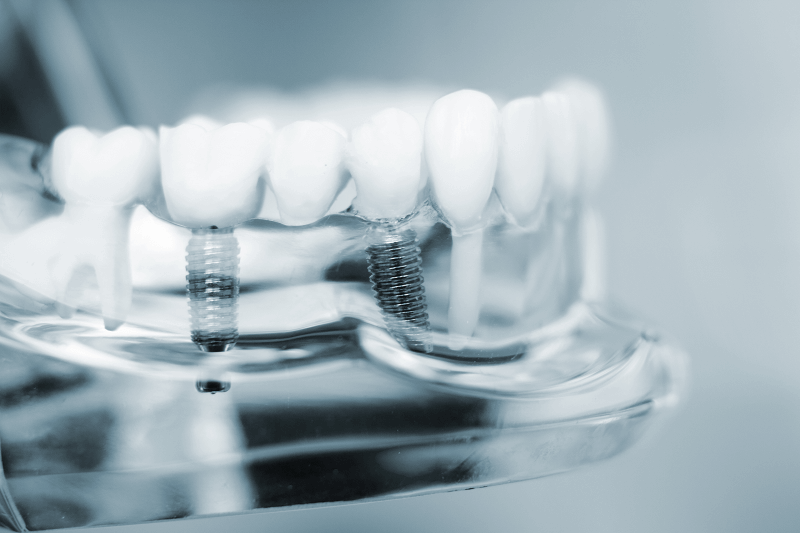

We all try to look and feel our best, right? We exercise, eat clean, and do everything possible to maintain a healthy image. Despite all that, there are things that a healthy lifestyle simply just cannot always prevent.
According to the Centers for Disease Control and Prevention, 70 percent of Americans between the ages of 35 to 44 have lost at least one permanent tooth. Losing teeth can be demoralizing and put a significant damper on one’s self esteem, yet there is a solution that is rapidly growing in popularity.
Dental implants are the future of permanent teeth replacement. While dentures have been the staple for those in search for long-term dental replacements, three million people have now received dental implants and that number is growing by 500,000 a year.
It’s clear that dental implants are the smarter solution for teeth replacement. Yet, they’re still a serious physical and financial commitment. So consider these five common questions many have about dental implants before taking the next step.
What Exactly is a Dental Implant?
A dental implant is a titanium fixture that has a strong post placed inside it. Once the fixture and post are put into place, it is then covered up with a custom-made porcelain crown.
Why do People get Dental Implants?
If someone is missing one or more teeth, a dental implant may be suggested. Missing teeth can cause a number of problems, including difficulties chewing or eating. The results are astounding. They have around a 98 percent success rate, can lead to a higher personal morale, and greatly improve the patients living status post surgery.
Can Anyone get Dental Implants?
Not everyone is a candidate for dental implants. Bone density in the jaw will be tested to ensure the skeletal structure is strong enough to properly integrate with the implant fixture. Age can also be a determining factor when considering the right candidates for dental implants.
Does the Body Ever Reject an Implant?
It’s rare for the body to ever reject a dental implant.The few rejections that do occur are usually caused by allergic reactions to the titanium from the implants. Another reason for implant failure can come from the patient’s self care after surgery. Dentists will suggest guidelines to follow after the procedure is completed that should ensure the longevity of the implants. Proper hygiene, genetic history, diseases, and certain nutritional habits can disrupt the lifespan of the fixtures.
How Expensive are Dental Implants?
Dental implants are a significant financial investment. The price for a single tooth can range anywhere from 2,000 to 5,000 dollars. Some insurance agencies may assist with part of the payment, but most will not unless the surgery is a result of an injury. Dental Implants do tend to pay themselves off in the future because of the little maintenance they need moving forward.
